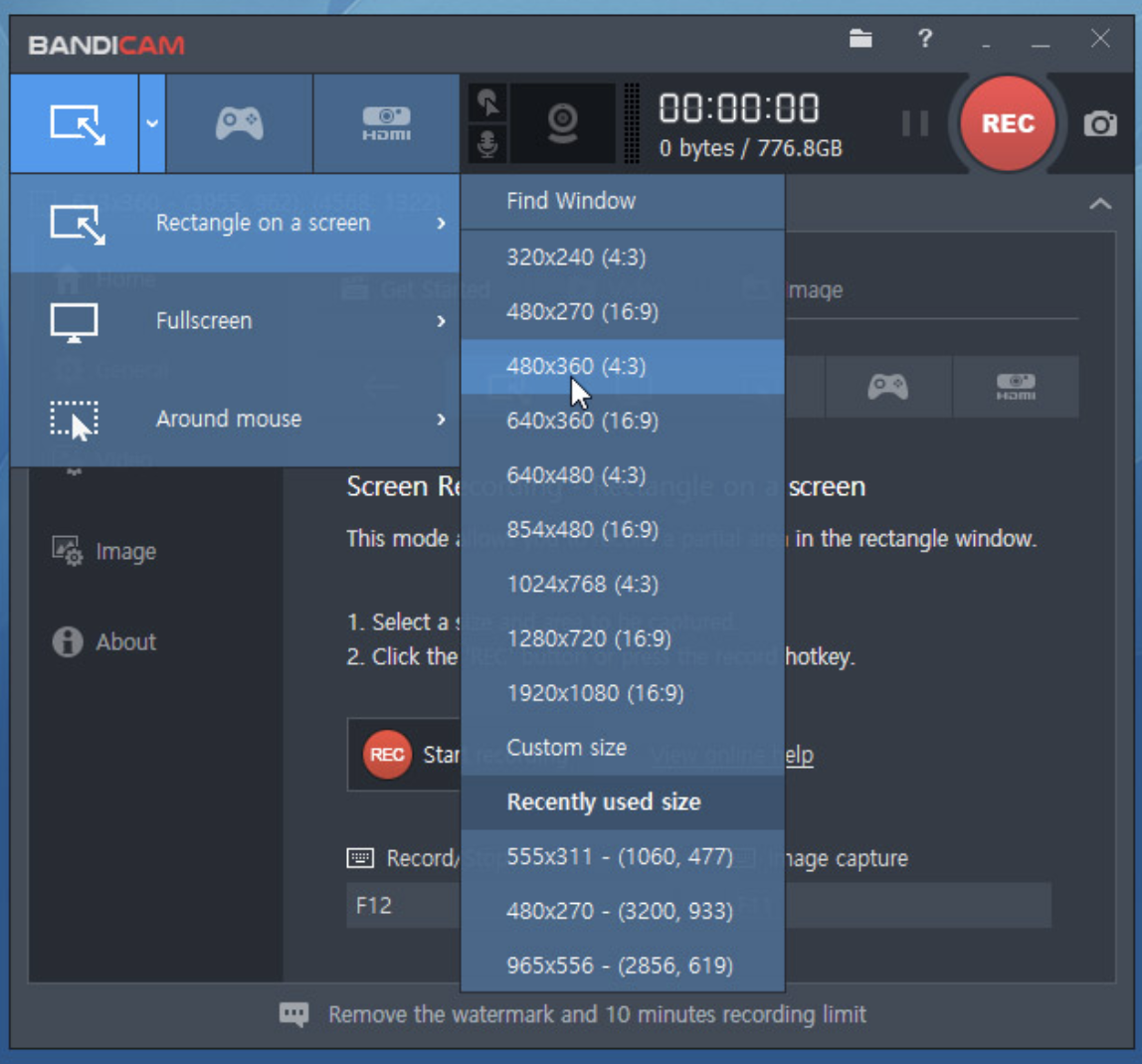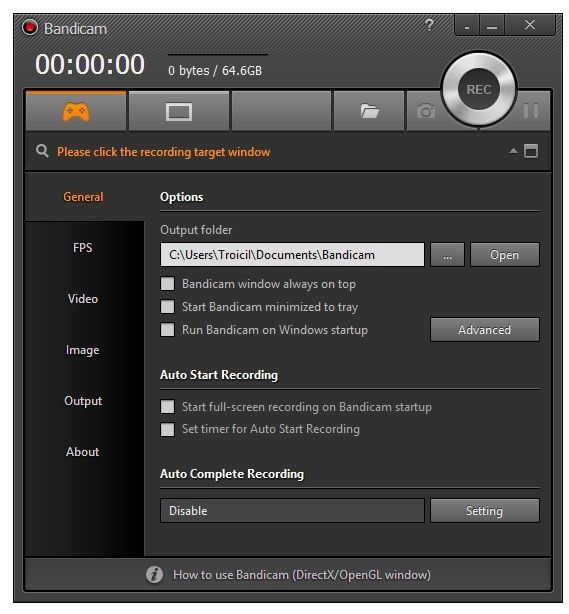
While you may know what a screen recorder is, you might not be aware of the many benefits they have to offer small businesses. Furthermore, married applicants with non-applicant spouses may be able to transfer a portion of their income to their non-applicant spouses as a spousal income allowance, also called a monthly maintenance needs allowance.The past year has taught us that often, that some previously underestimated online tools for businesses may turn out to be the most important. Instead, they are only able to keep a monthly personal needs allowance, which varies based on one’s state, but is approximately $30 – $200 / month. Stated differently, even when the income limit is met, they are not able to retain monthly income up to this level.

It’s important to mention that Medicaid nursing home recipients must contribute the majority of their income towards the cost of their nursing home care. Once they have done so, they are income eligible for the remainder of the spend down period. These states are sometimes referred to as “spend down” states and allow Medicaid applicants to spend their “excess” income on medical expenses until they reach the medically needy income limit.

States that do not allow qualified income trusts offer a medically needy pathway to income eligibility. For example, it may go towards the cost of the Medicaid beneficiary’s long term care. A trustee (someone other than the Medicaid applicant) is named to manage the trust and the income deposited into the trust can only be used for very limited reasons. Stated differently, QITs allow Medicaid applicants to meet Medicaid’s income limit. Approximately half of the states allow Medicaid applicants to create irrevocable (cannot be cancelled or changed) qualified income trusts (QITs) in which “excess” income is deposited and no longer counts as income for Medicaid eligibility purposes. Persons with very low income, may receive Medicaid for free while middle-income persons may have to contribute a significant portion of the monthly income to enroll.īeing over Medicaid’s income limit (approximately $2,349 / month in 2020 for nursing home Medicaid and home and community based services via a Medicaid waiver) is not automatic cause for Medicaid denial. Phrased differently, what Medicaid actually costs an individual to enroll depends on that individual’s income. (State-by-state financial eligibility criteria can be found here).

That said, beneficiaries may have to contribute the majority of their income towards the cost of their care. Long term care Medicaid, however, is intended for persons who have limited financial means (low income and assets). Medicaid is unlike Medicare and other health insurances in that there is no monthly premium cost. What is the Medicaid Estate Recovery Program.Miller Trusts / Qualified Income Trusts.


 0 kommentar(er)
0 kommentar(er)
